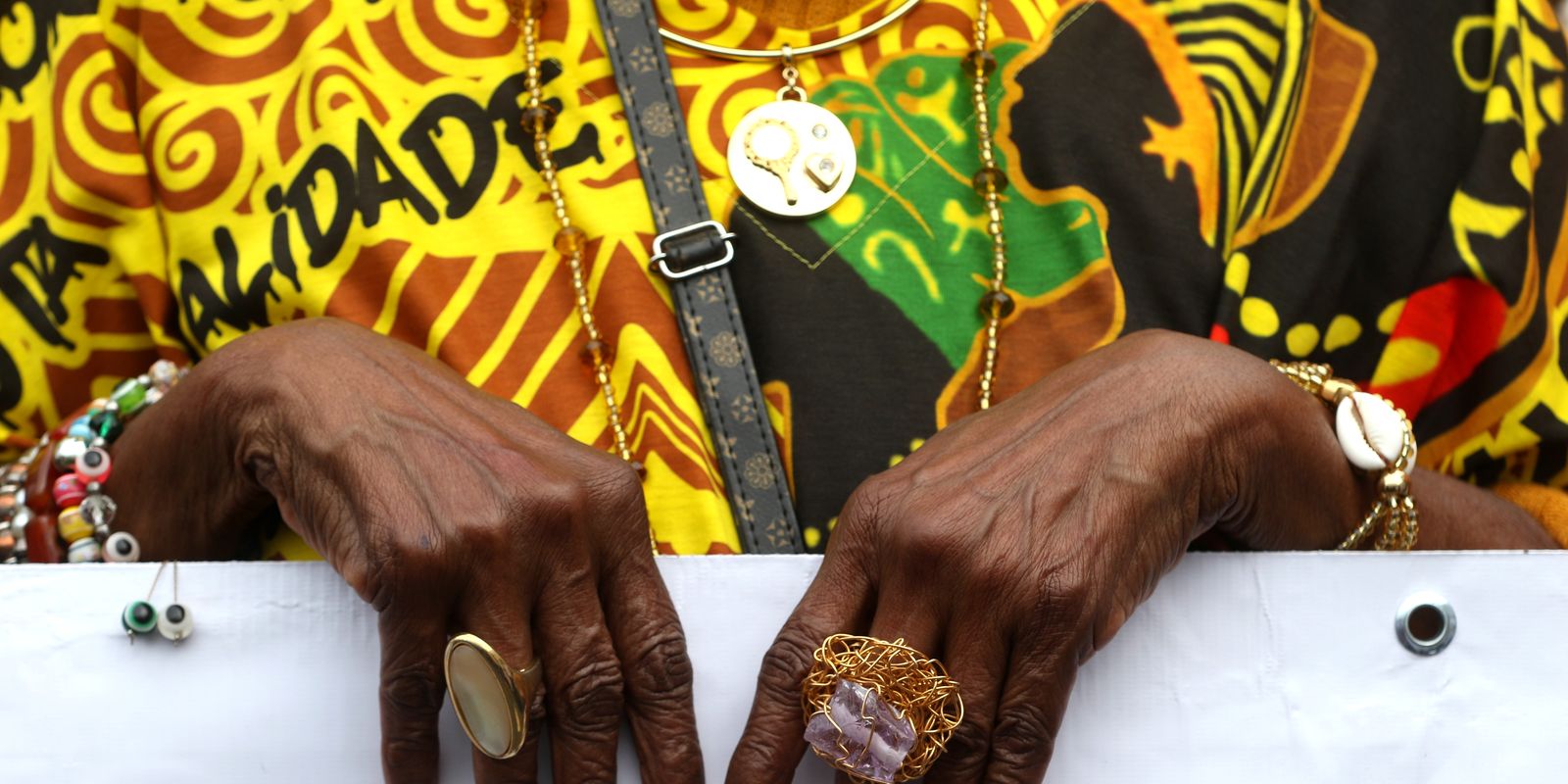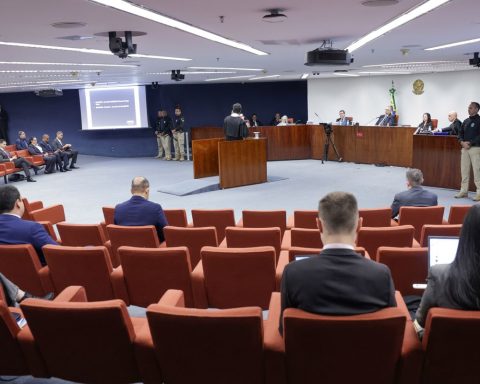The Brand Inclusion Index 2024 survey, by the global marketing data and analysis company Kantar Insights, interviewed 1,012 Brazilians and found that 61% of black and brown people suffered discrimination in the last year. The most violent environments and circumstances in this regard were the workplace (31%), public places (26%) and while shopping (24%).
In total, 11% of participants pointed to skin color as a factor that motivated discrimination. A portion of 10% also indicated ethnicity or race.
The sampling covered four minority groups: women, blacks (black and brown), people with disabilities (PWDs) and the LGBTQIA+ community. The company aimed to capture their perception of aspects such as diversity, equity and inclusion of a brand.
In relation to brands, the result was that 86% of black people (black and brown) stated that it is important that they actively promote diversity and inclusion in their own businesses or more broadly, in order to benefit the whole of society.
Natura, Avon and Nike were recognized as those that contribute most to black representation, portraying the black population from a positive perspective. Another attribute linked to these brands was the concern with offering products to non-white customers.
Another highlight of the survey is that only one in five of those interviewed (20%) always sees themselves represented in media outlets. The portions that said they see what is disseminated sometimes and never are, respectively, 69% and 6%.
Kleber Pessoa, a professional in the field of digital game development, was once embarrassed and a victim of racism in a pet supplies store, belonging to a large chain with a presence throughout Brazil. He says that he entered the place accompanied by a cousin, black, like him, and that the two were also followed by an employee.
“My cousin didn’t notice, but I did,” he said.
Annoyed by the distrust, the man from Recife tried moving around the store, to confirm that the employee was in fact keeping an eye on the two, as he associated black people with criminal acts, which constitutes a stance and attitude of racism. After saying goodbye to his cousin, at the subway station, Pessoa returned to the store, to make sure that the discomfort with the unreasonable surveillance was not a mere impression and that, in reality, it was founded. Upon arrival, he confronted the employee, who denied the persecution and argued that “he was just doing his job.”
“I was very angry, with it in my head, and thinking about it for a long time. I could have fought, made a fuss, but I needed proof and I had no way of proving it”, he laments.
In a quick search on the internet, it is possible to find countless similar cases. In October 2021, the Civil Police concluded an investigation that investigated the suspicion of racist approach in a clothing brand store, in Fortaleza, which had allegedly been carried out by a manager. Once concluded, the investigation stated that the company had a “code of conduct” to classify people “outside the standard of the store’s customers”, which would be announced as a warning to employees, so that they would begin to monitor them.
In another recent episode of great repercussion, a black woman was outraged by the difference in treatment in a store, generated by the silent insinuation that she had committed theft. In protest and as a way of giving visibility to her complaint, she returned to the location, half-naked, shouting, sarcastically, that, wearing lingerie, she would not be able to carry any hidden item and that, therefore, the employees would have no reason to suspect her.

















